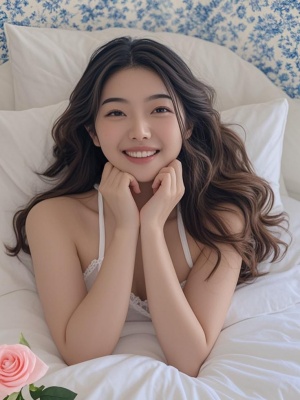The Art of Painting Portrait Backgrounds: A Comprehensive Guide
Introduction
Painting portrait backgrounds is an essential skill that can make or break a portrait. While the subject is the focal point, the background plays a crucial role in setting the mood, enhancing the composition, and adding depth to the artwork. Whether you're a traditional artist or exploring AI painting techniques, understanding how to create compelling portrait backgrounds is key to producing professional-quality work.
The Importance of Portrait Backgrounds
A well-executed portrait background serves multiple purposes:

- Creates visual harmony with the subject
- Establishes context and storytelling
- Controls the viewer's eye movement
- Enhances the emotional impact of the portrait
Common Problems and Solutions
Many artists struggle with portrait backgrounds. Here's a problem-solution matrix:
| Problem | Solution |
|---|---|
| Background competes with subject | Use softer edges and muted colors |
| Flat, uninteresting space | Add subtle texture or gradient |
| Inconsistent lighting | Match light direction with subject |
Techniques for Painting Portrait Backgrounds
1. Color Theory Applications
Choosing the right colors for your portrait background can dramatically affect the overall impact. Complementary colors make the subject pop, while analogous colors create harmony. For wedding portraits, soft pastels often work best.
2. Brushwork and Texture
The way you apply paint affects the background's character:
- Use broad strokes for abstract backgrounds
- Try dry brush techniques for textured effects
- Consider glazing for luminous depth
3. Digital Painting Considerations
For digital artists and AI-generated art, layer management is crucial. Always keep the background on separate layers from the subject for easy adjustments.
Advanced Background Concepts
Professional portrait artists often employ these advanced techniques:
- Atmospheric perspective
- Selective focus effects
- Symbolic elements
- Environmental storytelling
Conclusion
Mastering portrait backgrounds requires practice and thoughtful consideration. Whether you're working traditionally or with AI tools, remember that the background should complement, not compete with, your subject. For more inspiration, explore our gallery of professional portrait examples.
For further reading on artistic techniques, visit authoritative sources like Tate Museum or The Met.